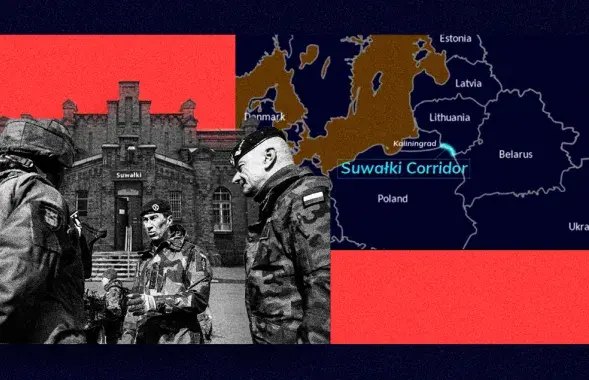Authorities set to identify illegal workers
According to the official, the action is nothing but a monitoring, which aims to research a general joblessness level in Minsk. If possible, the government also wants to identify those who are not registered with employment centers.
“There are people who do not work anywhere, and we would like to make them involved in our city’s economy. People have the right to be employed; they also have the right not to work. But if you are not employed anywhere, you know what happens…” Ceslau Rouba told reporters.
He maintains that the research will be anonymous and voluntary. Questionnaires will be handed out to those visiting employment centers or given randomly to private apartments.
According to the chief of department, those identified as unemployed will face no prosecution. He forwarded our correspondent for more explanations to Alena Rusakova, a specialist with the Ministry of Labor that developed the questionnaire.
“This year we are facing the decline of labor resources, because less people make up the working-age population. We are faced with the task of identifying those who do not report with employment centers and possibly seek jobs by themselves. Some people are employed without legal contracts, while some travel abroad to work their. However, any activities should be legal; taxes and insurance fees should be paid,” Rusakova told the European Radio for Belarus.
She assures that the project is nothing more than a simple monitoring of the unemployment level. All of the gathered data will be utilized for developing measures to root out unemployment as such.
Meanwhile, 140 thousand new jobs will be created in Belarus this year, she said. The Ministry of Labor maintains that there will enough of those to occupy them.
But, what if there will be not enough of those to fill the new jobs? Perhaps, those people who will be identified as unemployed during the monitoring project, would be forcefully employed?
We asked the Chairman of the Constitutional Court of Belarus, Ryhor Vasilievic, to elucidate on whether forceful employment would be in line with the country’s main law – the Constitution.
“I am not prepared to say anything. I am not ready for an interview. I beg your pardon, but I don’t know where you are going to use my comments,” Vasilievic said.
A doctor of law and a former judge of the Constitutional Court, Mikhail Pastukhov, has agreed to comment on this situation. He maintains that forceful employment could be legitimately applied to only those who were subjected to a corresponding court ruling or those who signed a labor contract.
Otherwise, forceful employment runs in conflict with Article 41 of the Belarus’s Constitution, which sets forth the right for employment but is not binding. Forceful employment also contradicts with the International Labor Convention.
At the same time, Mikhail Pastukhov is not sure that citizens who will be appealing in courts against forceful employment would manage to defend their rights.
So, the question remains unclear on what the government is going to do with those who do not wish to be employed or work unofficially. There are two options. They will be either forced to work or to pay taxes from their unofficial jobs. Otherwise, this monitoring makes no sense.
Photo by photo.bymedia



















